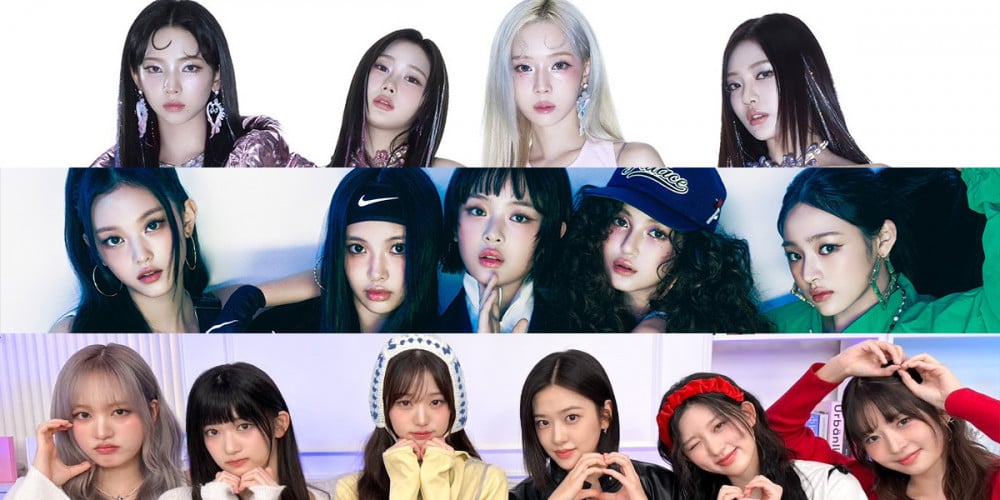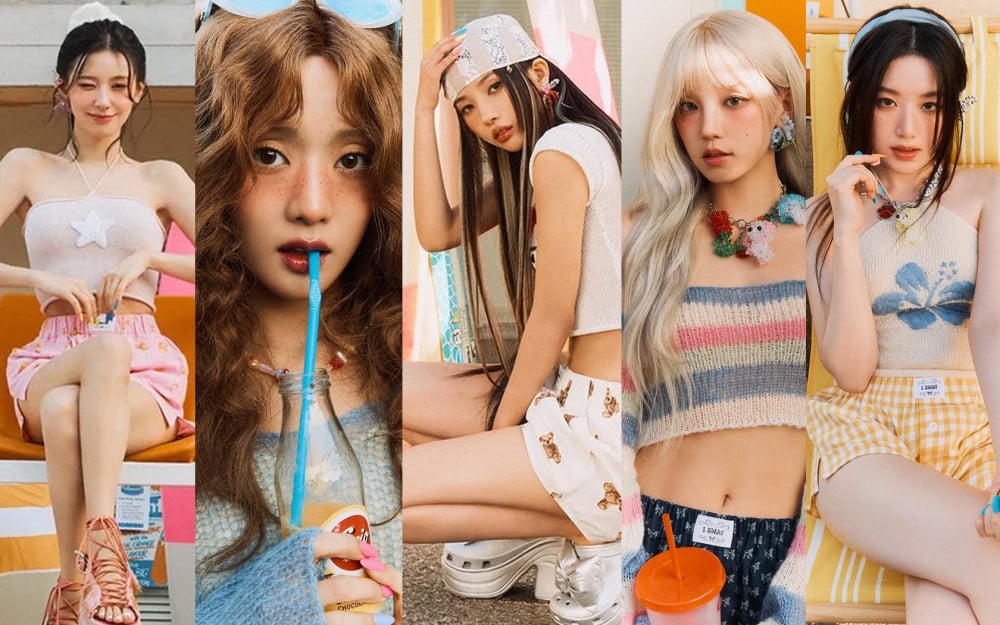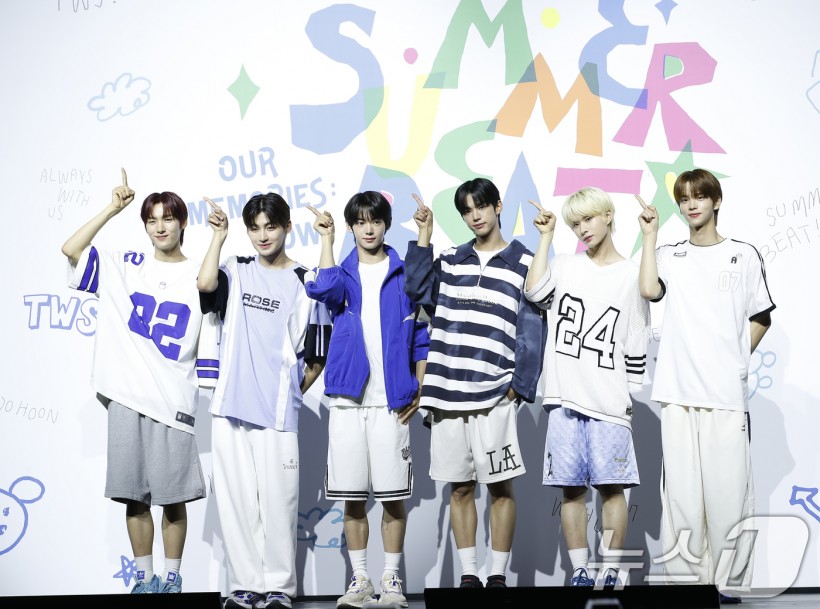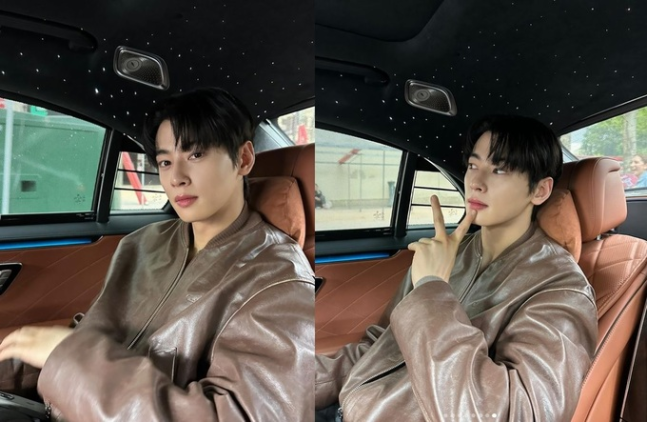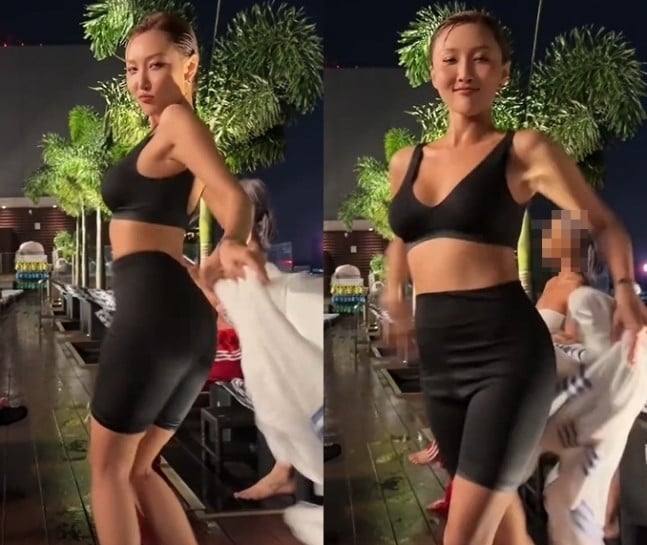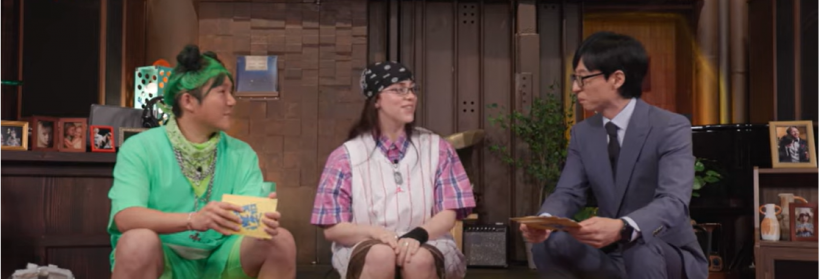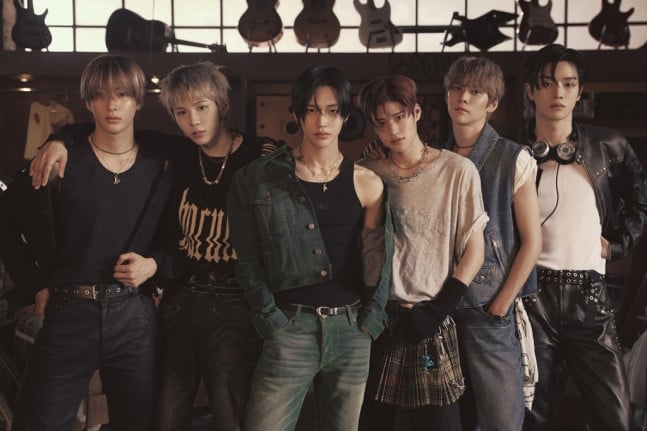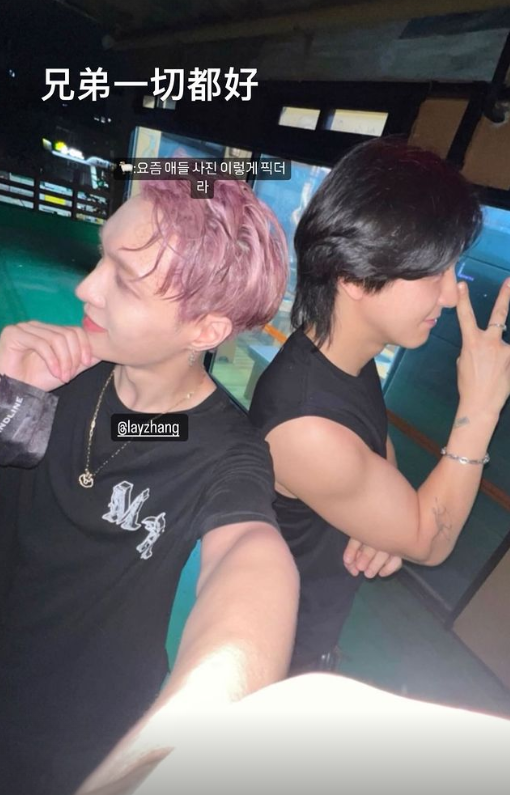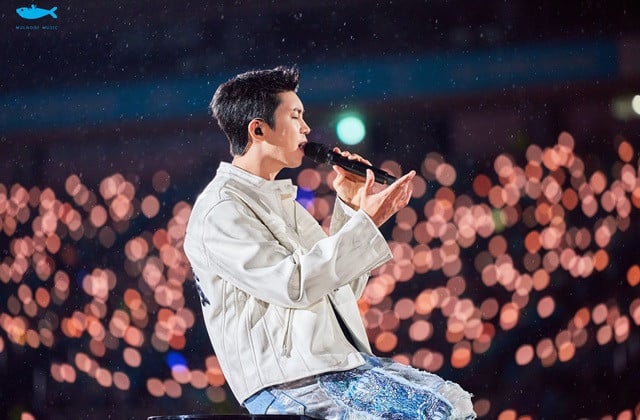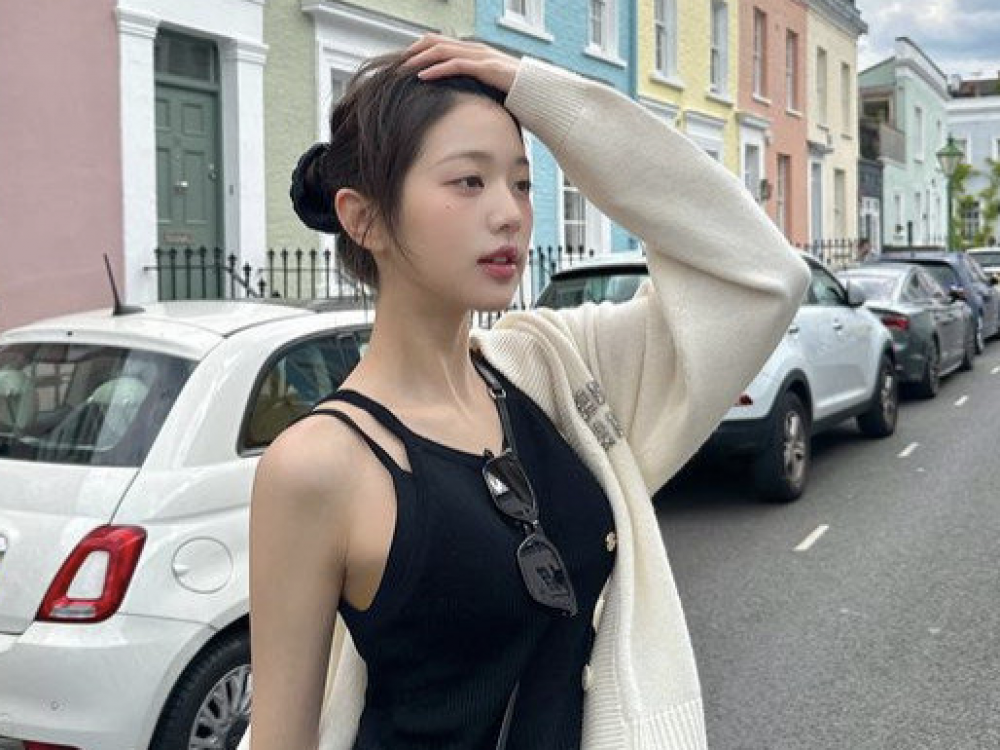Korean Movies featuring LGBTQ+ Representation

As June is Pride Month, it’s a time to highlight stories that celebrate the lives and experiences of the LGBTQ+ community. In South Korea, the journey toward LGBTQ+ representation in cinema has faced numerous challenges.
During the so-called “Invisible Age,” films with LGBTQ+ themes existed but were largely unnoticed by the mainstream due to their lack of publicity and the overshadowing of queer themes by other elements. The “Camouflage Age” saw an increase in the cinematic representation of LGBTQ+ characters, though these themes were often secondary to more dominant storylines.
Due to societal pressures and homophobia, many films with LGBTQ+ themes have faced stigmatization. However, filmmakers and actors have pushed boundaries, creating powerful narratives that bring visibility and representation to the LGBTQ+ community, continuing to evolve over time. Here are must-watch Korean movies that beautifully capture LGBTQ+ themes and characters.
“No Regret (2006)”
Directed by Lee Song Hee Il, this groundbreaking film is one of South Korea’s first openly gay-themed movies and is also the first South Korean film to be directed by an openly gay filmmaker. It tells the compelling story of Lee Su Min (Lee Young Hoon), a young orphan who works various jobs to make ends meet. He falls in love with Song Jae Min (Kim Nam Gil), a wealthy businessman whom he meets in the host bar he is working at. Despite societal pressures and personal struggles, their love story unfolds with raw honesty and emotional intensity. This film is significant for its candid portrayal of a gay relationship in a conservative society, especially during the early 2000s.
Through this film, Lee Song Hee Il was awarded Best Independent Director during the 2006 Director’s Cut Awards while Lee Young Hoon won Best New Actor from the 2006 Korean Association of Film Critics Awards.
[video_shortcode_youtube src=”https://www.youtube.com/embed/vkLLlIC_VzE”]
“The Handmaiden (2016)”
Directed by Park Chan Wook, this visually stunning and critically acclaimed film is set during the Japanese occupation in Korea. It tells the story of Nam Sook Hee (Kim Tae Ri), a young woman and pickpocket who was hired as handmaiden to Hideko (Kim Min Hee), a Japanese heiress, by Count Fujiwara (Ha Jung Woo), who aims to seduce and marry Hideko for her inheritance. While Seok Hee was hired by Fujiwara, she finds her loyalty tested upon learning various secrets and falling in love with Hideko, who has fallen in love with her too. It is now up to Hideko and Seok Hee to fight for their love and liberation. The film is known for its bold storytelling and captivating performances, while exploring various themes, making it a landmark in LGBTQ+ cinema.
The film placed first on numerous critics’ top ten lists, won multiple Best Foreign Language Film Awards from different awarding bodies, and Director Park Chan Wook alongside lead actresses Kim Tae Ri and Kim Min Hee received multiple recognitions and accolades from both domestic and international prestigious awards.
[video_shortcode_youtube src=”https://www.youtube.com/embed/whldChqCsYk”]
“Moonlit Winter (2019)”
This tender and beautifully shot film by Lim Dae Hyung follows Sae Bom (Kim So Hye), who accidentally reads a love letter addressed to her mother, Yoon Hee (Kim Hee Ae), a single mother. This love letter reveals the secret her mother has been hiding all her life and Sae Bom learns about Jun (Nakamura Yuko), a woman Yoon Hee loved deeply during her younger years. Determined to help her mother find closure, Sae Bom arranges a trip to Otaru, Hokkaido under the guise of a vacation. Slowly and subtly, Sae Bom encourages her mother to explore her feelings and confront her past. The film delicately portrays Yoon Hee’s reconnection with her old love and herself, featuring a poignant exploration of love and longing, and sensitively tells the story of her journey toward self-acceptance and rekindled romance.
The movie received multiple accolades from various awarding bodies such as the 40th Korean Association of Film Critics Awards, and Kim Hee Ae won the Best Actress Award from the 7th Korean Film Producers Association Awards.
[video_shortcode_youtube src=”https://www.youtube.com/embed/DgUGaUR5xVs”]
“In Between Seasons (2016)”
“In Between Seasons” is a deeply emotional film that explores themes of love, acceptance, and the complexities of familial relationships. The film centers around Mi Kyung (Bae Jong Ok), a devoted single mother who lives with her teenage son Soo Hyun (Ji Yoon Ho). His close friend, Yong Joon (Lee Won Geun), frequently visits their home. The strong bond between Soo Hyun and Yong Joon is evident, but Mi Kyung sees it as a strong friendship. However, due to an accident that leaves Soo Hyun in a comatose state, Mi Kyung learns that they were not just friends but lovers, deeply in love with each other. The film revolves around how Mi Kyung, despite her initial reaction and pressures to conform to traditional views, learns to love Soo Hyun and see their genuine love.
The film’s nuanced portrayal of a mother’s unconditional love and the struggles of coming out in a conservative society resonate deeply. The film’s cinematography beautifully captures the intimate moments and experiences, and it won the KNN Award from the 21st Busan International Film Festival.
[video_shortcode_youtube src=”https://www.youtube.com/embed/NyBF5OBCkR0″]
“Our Love Story (2016)”
The film follows Yoon Ju (Lee Sang Hee), a reserved and introspective art student, as she navigates her feelings and the complexities of discovering her sexuality. While searching for materials for her project, Yoon Ju meets Ji Soo (Ryu Sun Young), a free-spirited and confident woman who works there. As they spend more time together, Yoon Ju finds herself falling in love with Ji Soo, experiencing emotions she has never felt before, and starts to question her own identity and the societal norms she has always adhered to. The film stands out for its realistic portrayal of love and shows how they navigate their differences, societal pressures, and stigma.
Lee Sang Hee was recognized as Best New Actress by multiple awarding bodies, including the 53rd Baeksang Arts Awards, 22nd Chunsa Film Awards, and the 4th Wildflower Film Awards. Meanwhile, director Lee Hyun Ju was awarded Best New Director by the 26th Buil Film Awards and the 38th Blue Dragon Film Awards.
[video_shortcode_youtube src=”https://www.youtube.com/embed/eZE9RurLlH0″]
These films not only showcase the talents of Korean filmmakers and actors but also contribute to the growing representation and visibility of LGBTQ+ stories in cinema. Whether you’re seeking heartfelt dramas, intense romances, or thought-provoking narratives, these movies offer a diverse array of perspectives and experiences that celebrate love in all its forms.
What are some other movies you would recommend with LGBTQ+ representation?


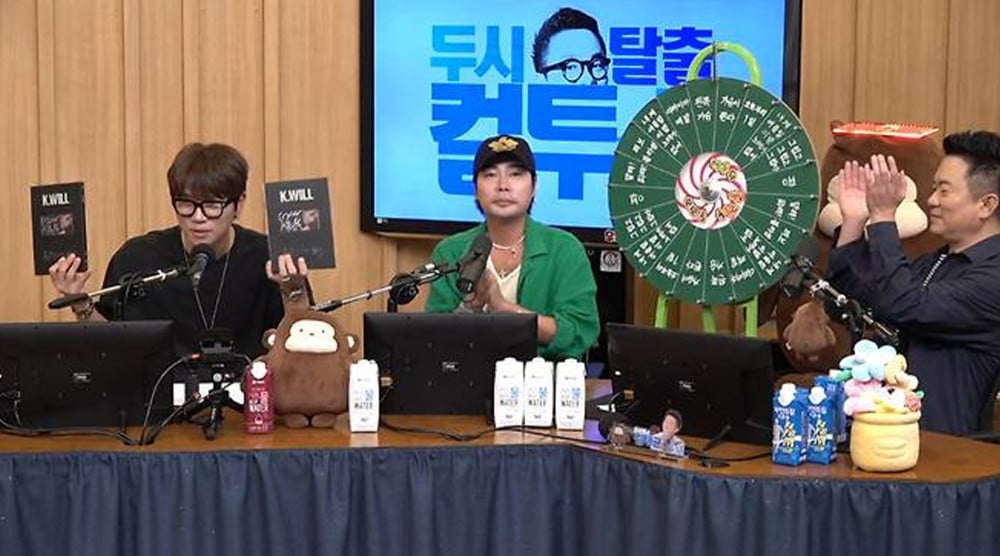
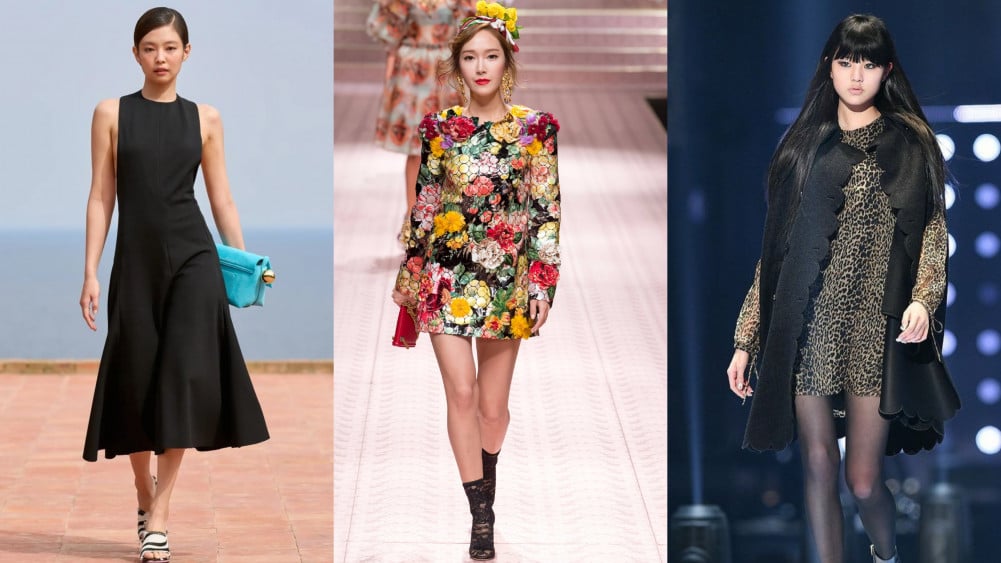


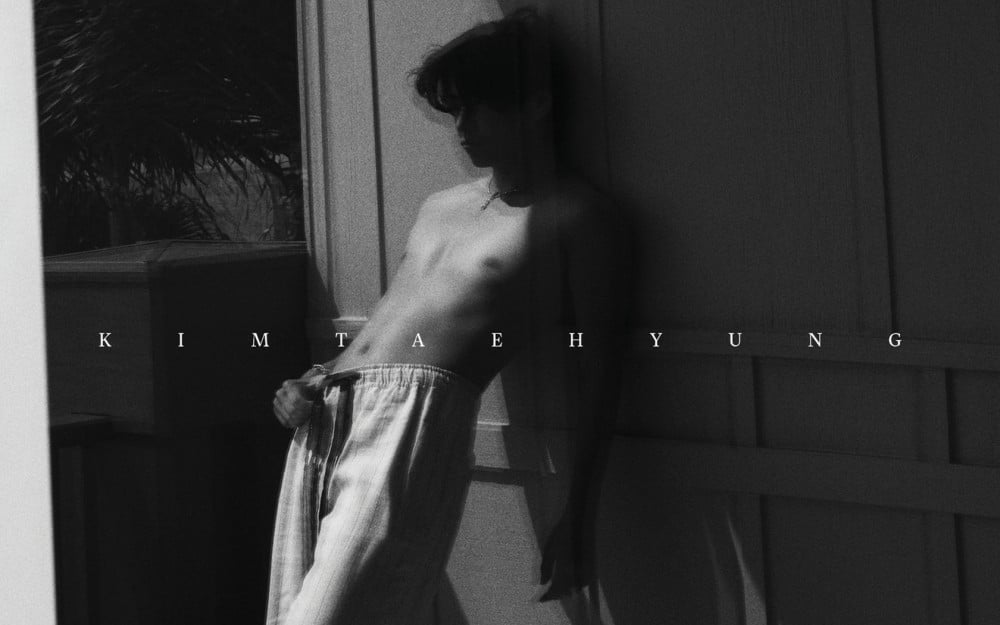

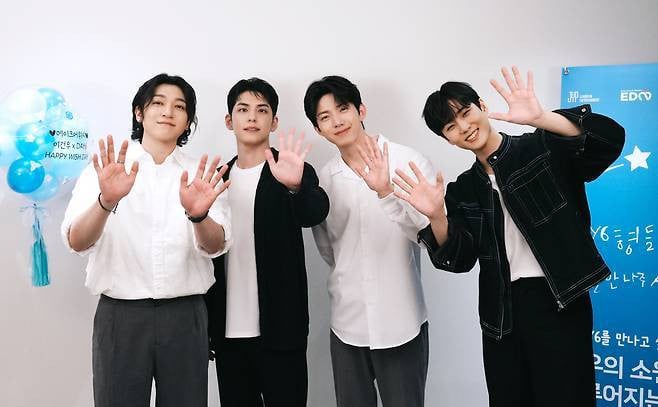
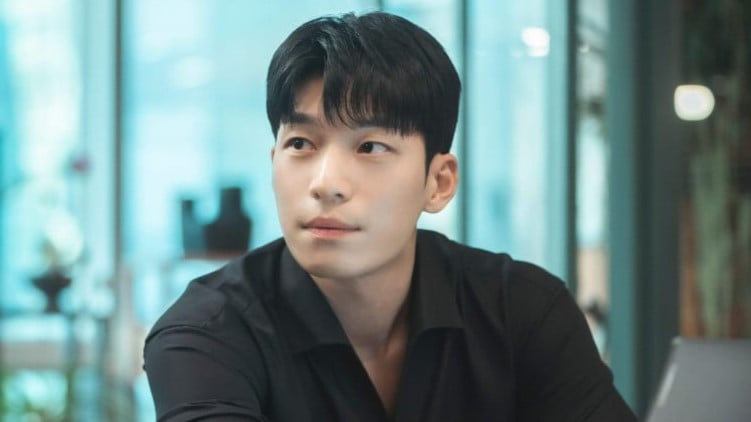

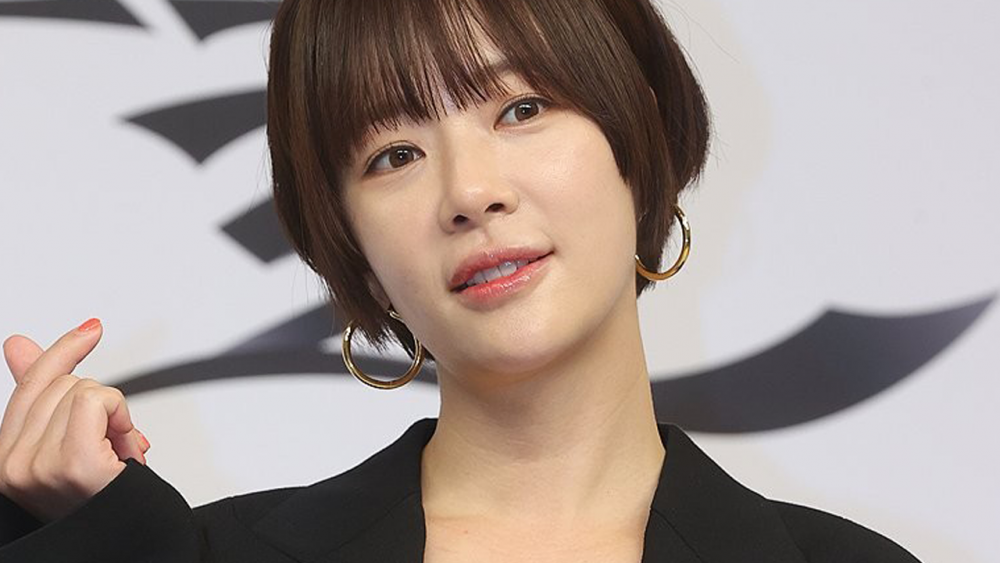

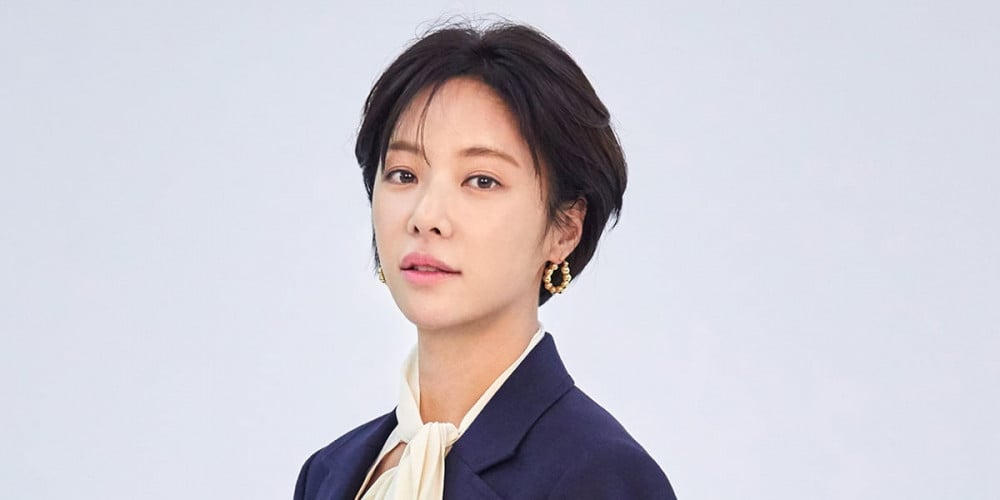



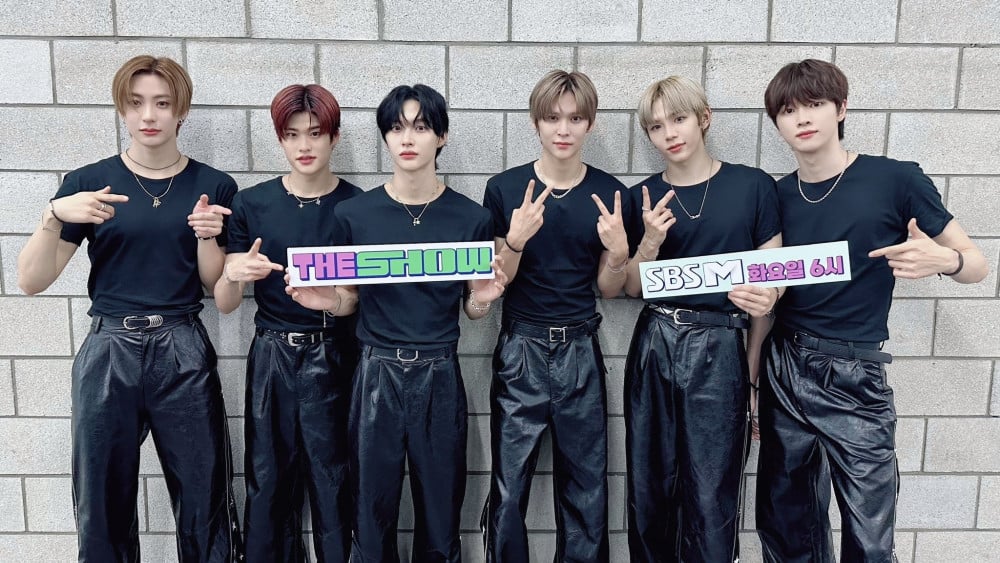

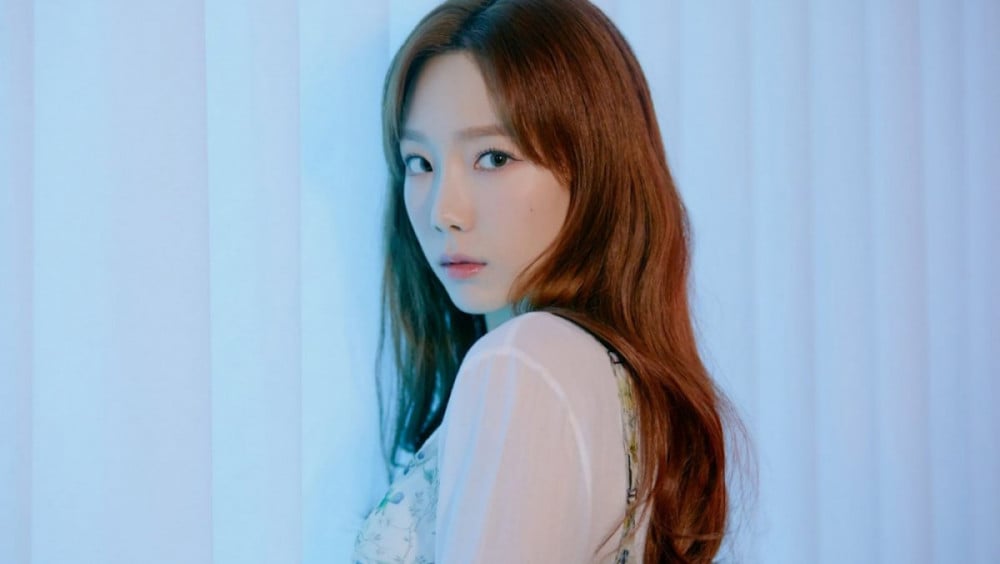








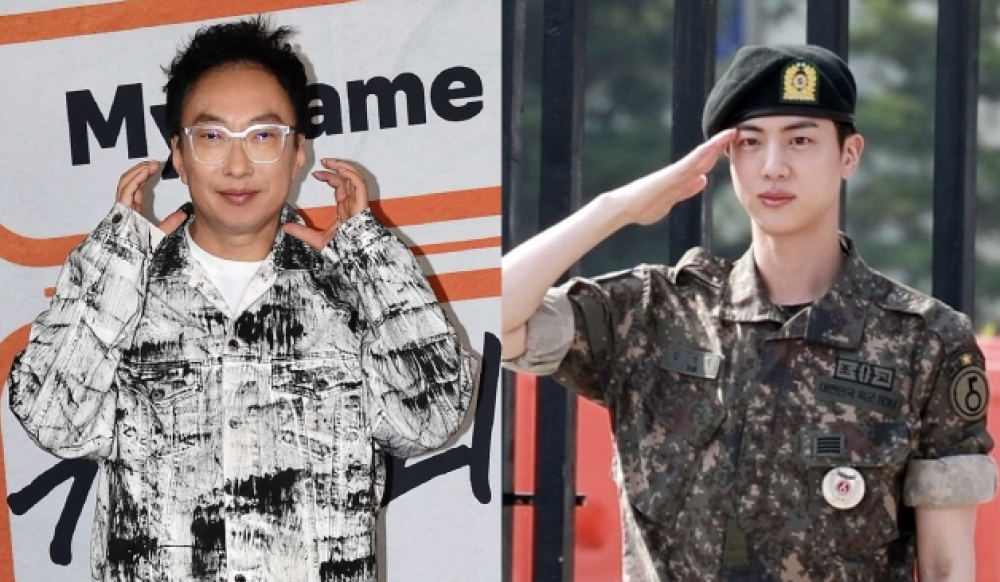

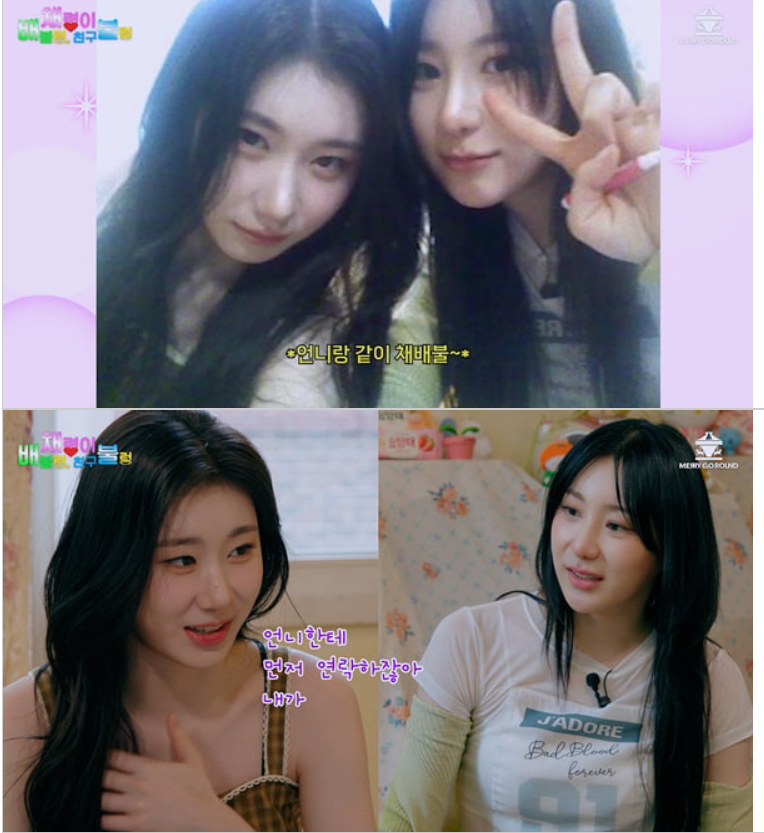
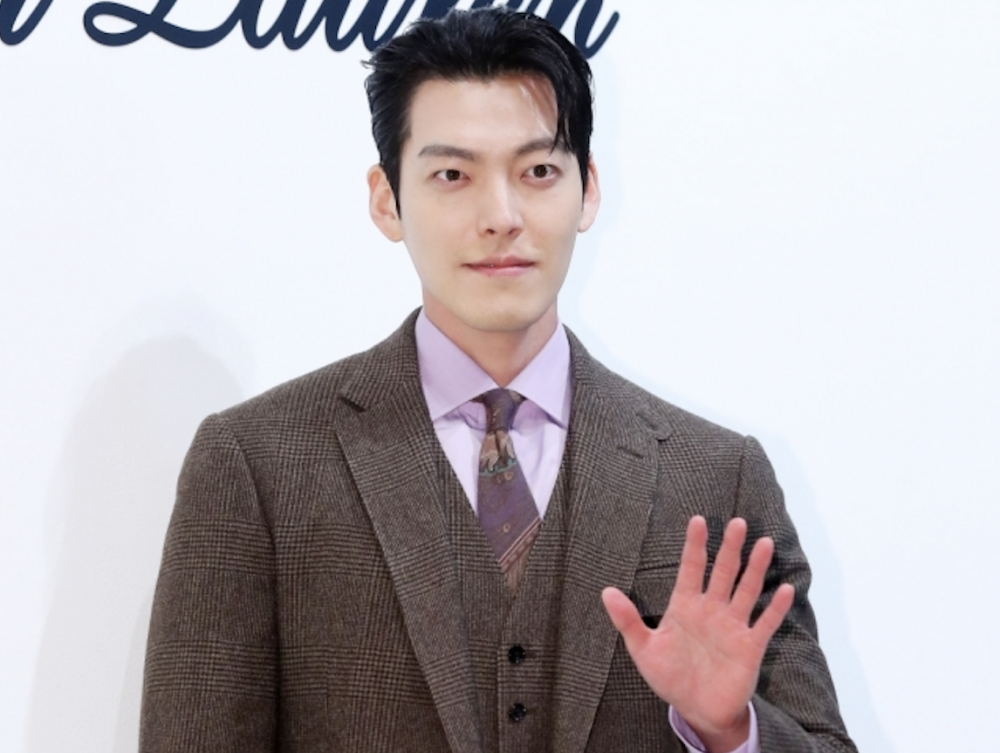



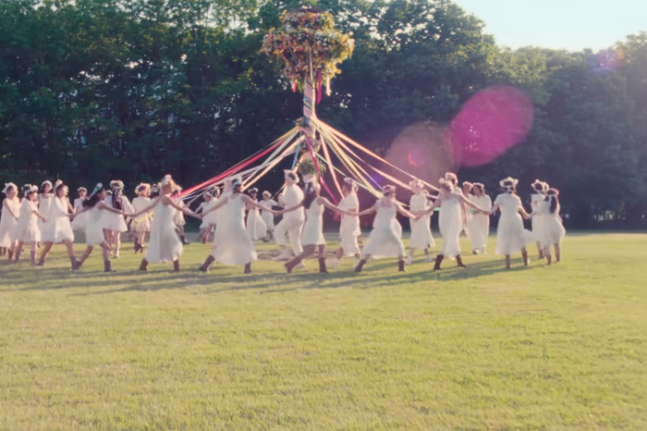
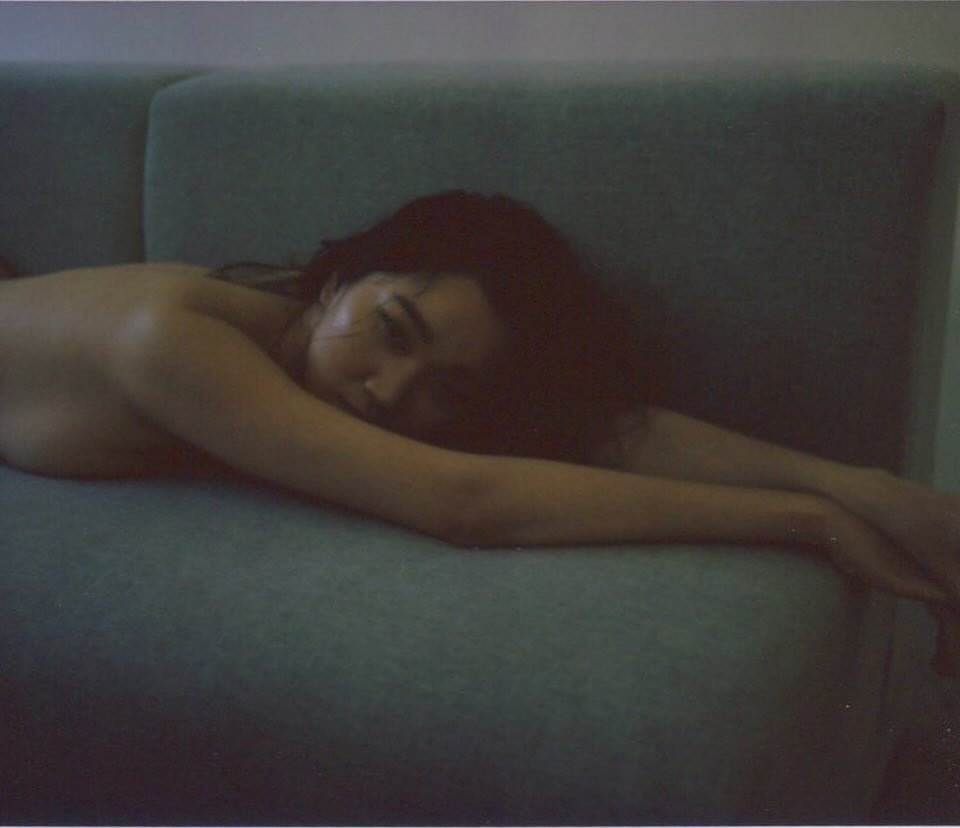
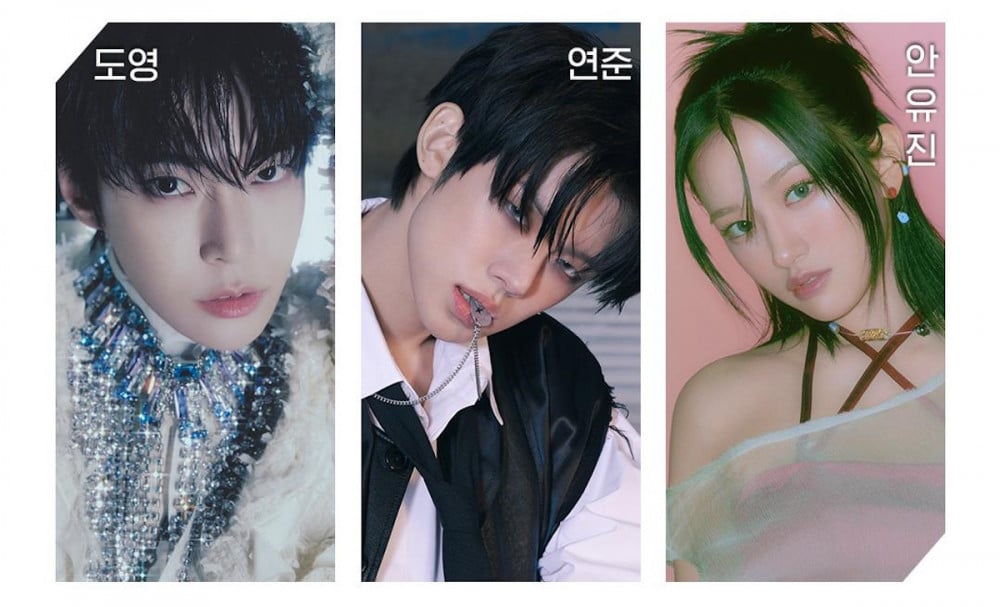
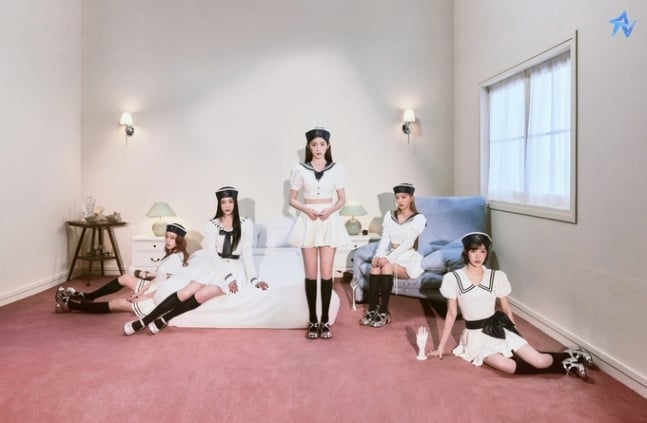
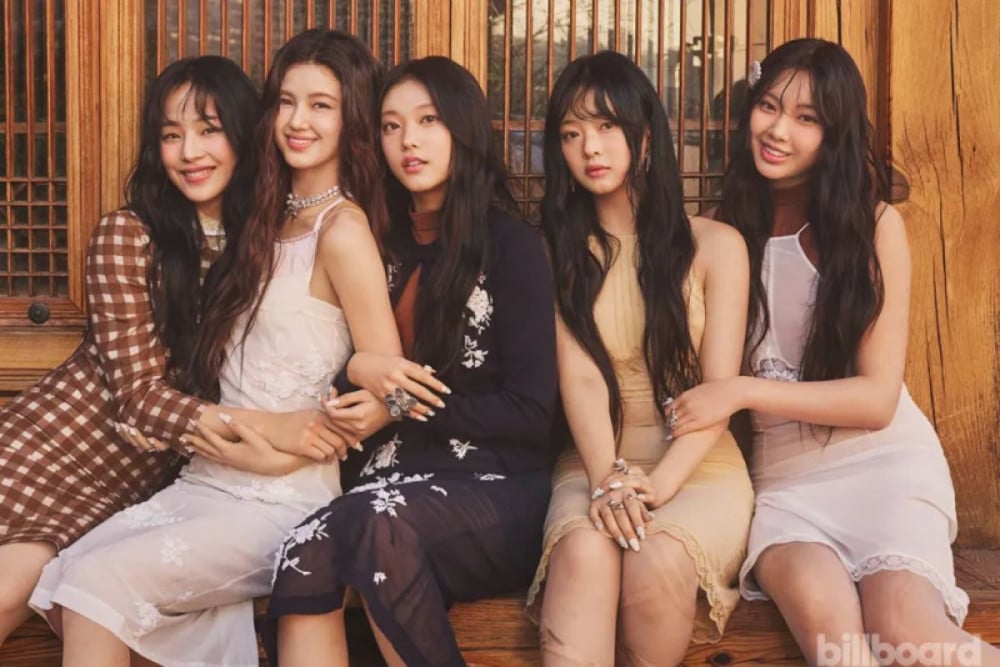

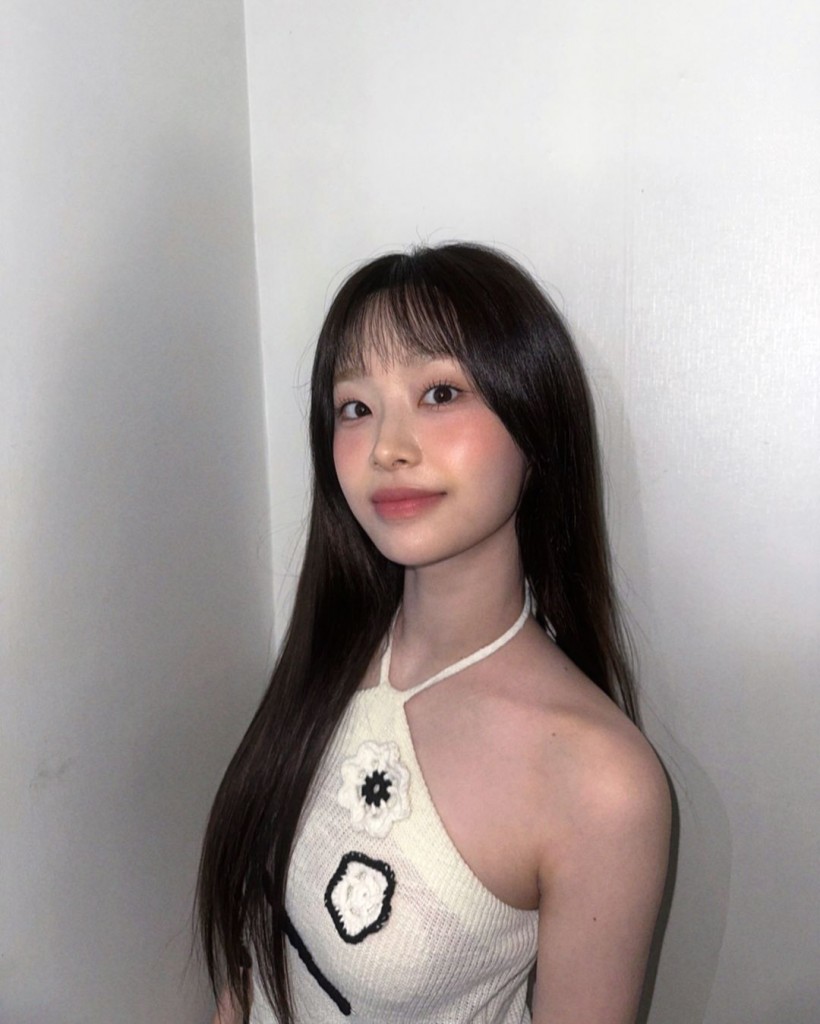
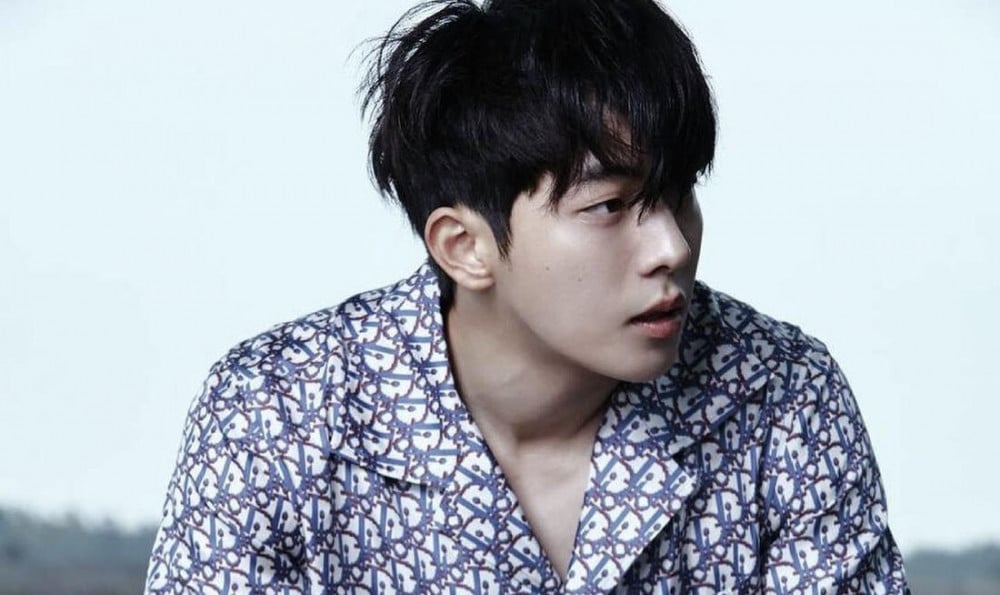
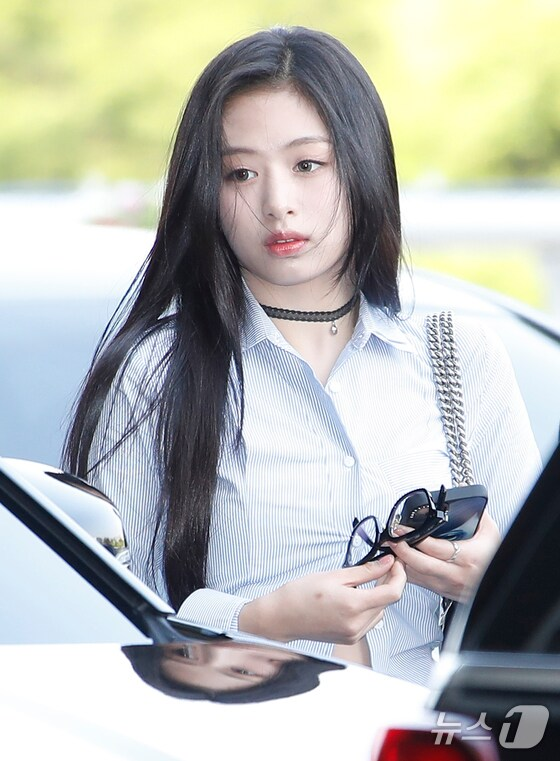

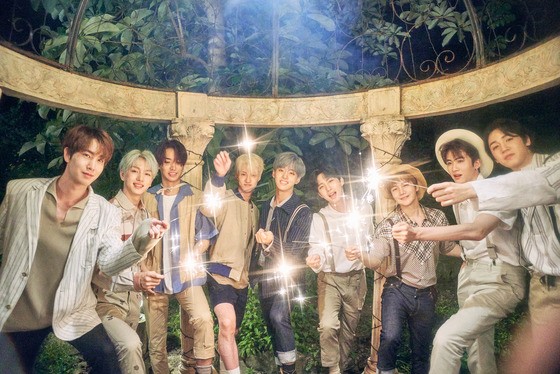

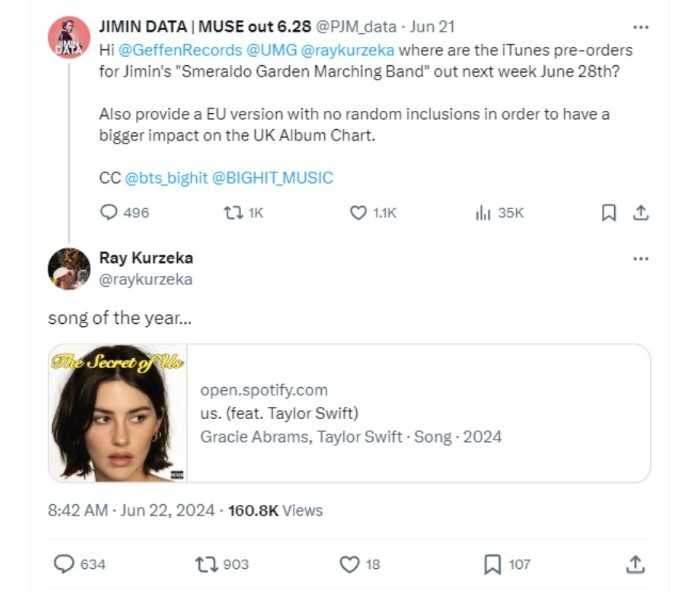



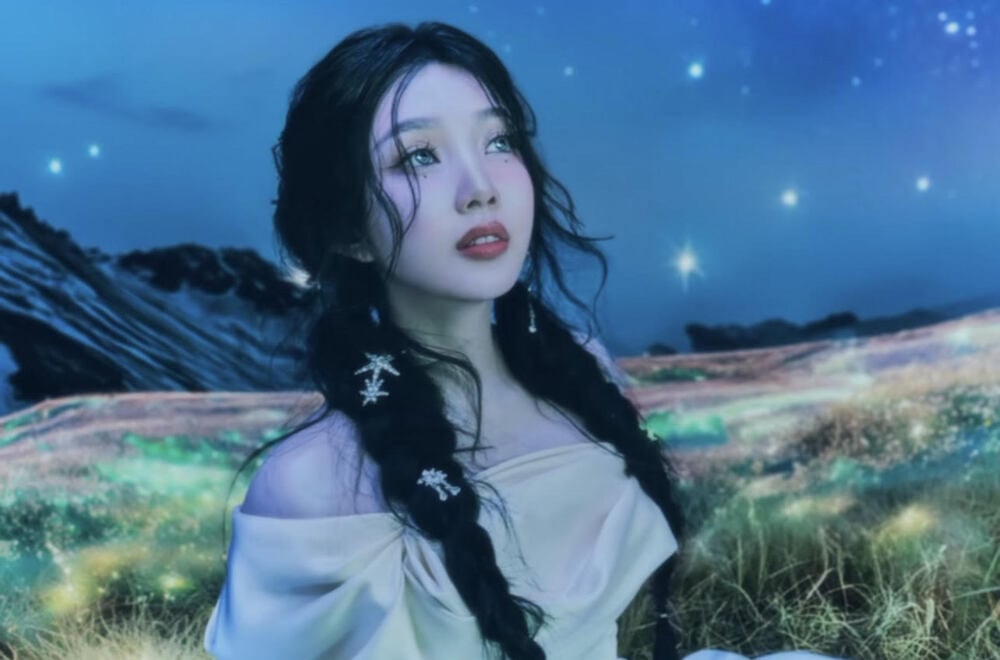


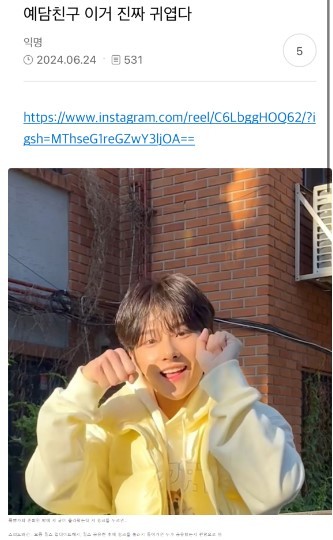

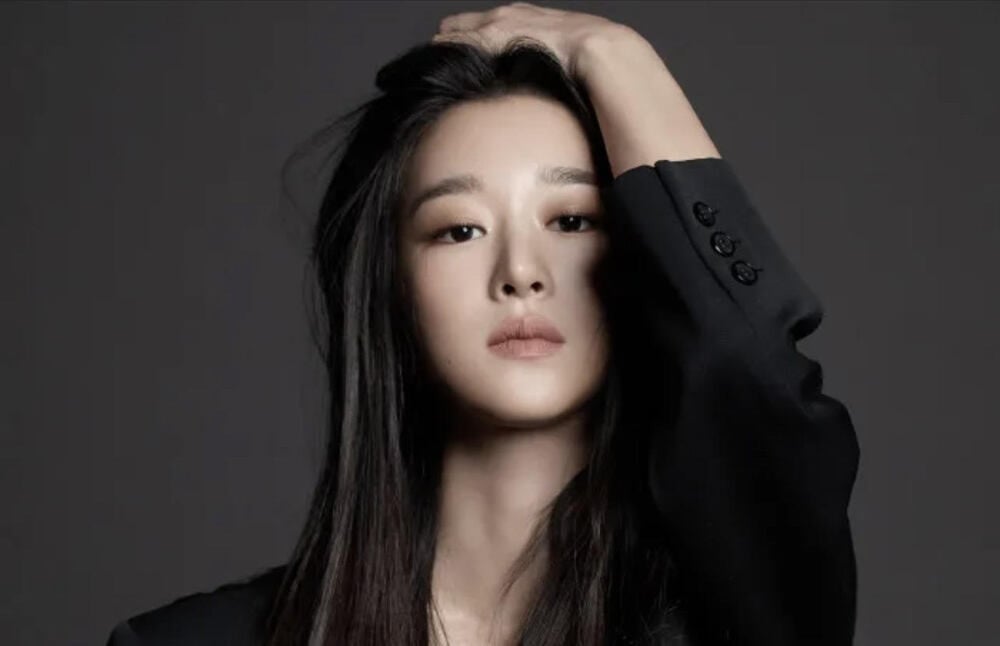
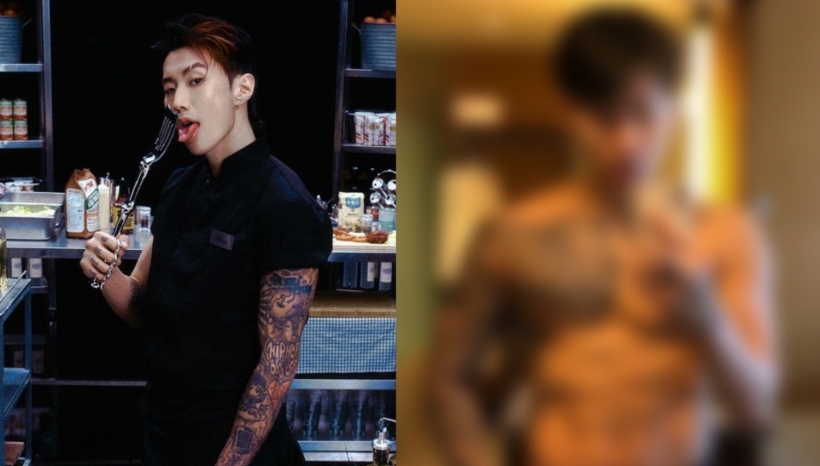
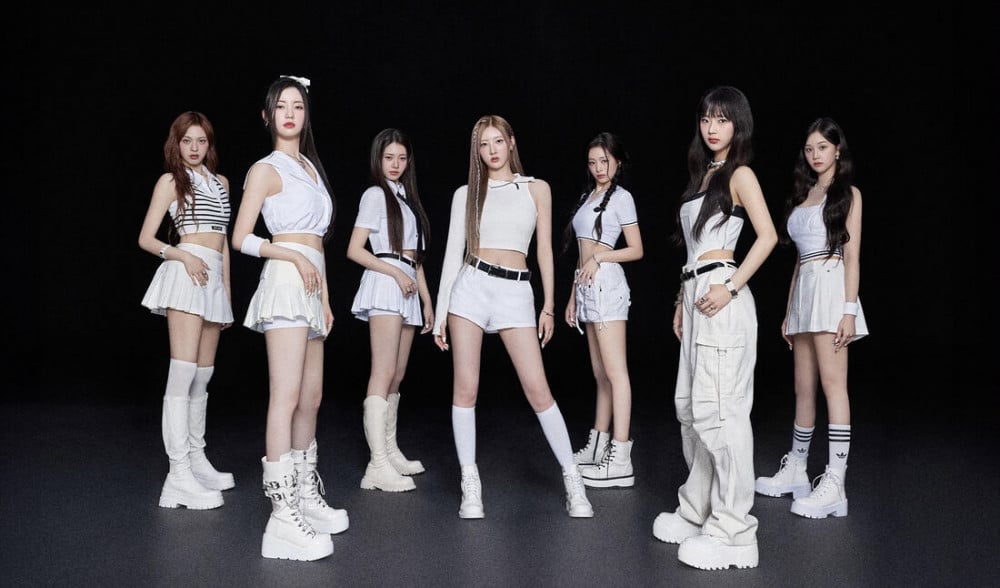
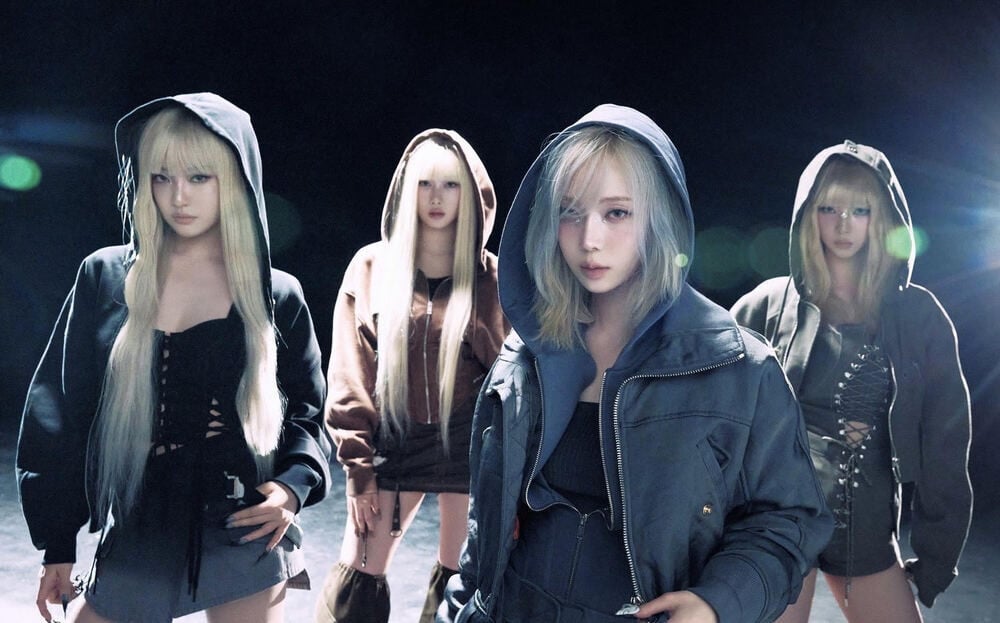

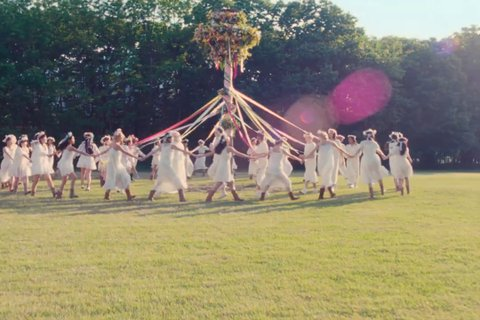

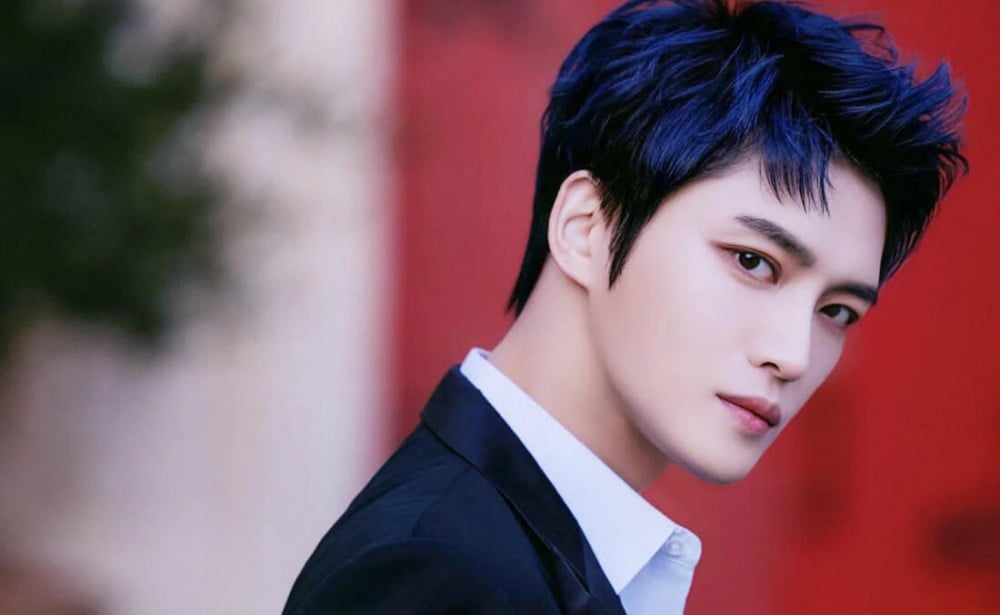

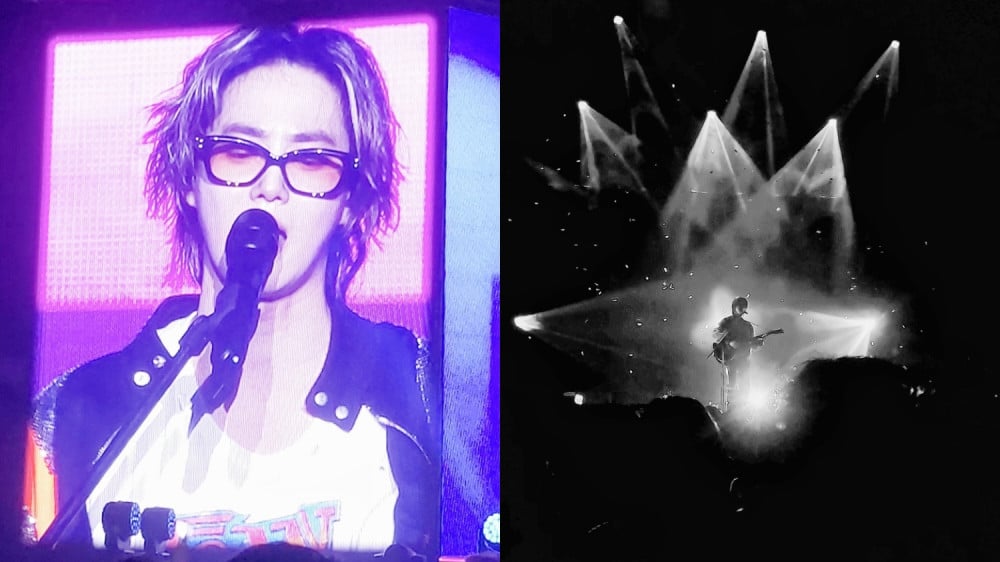
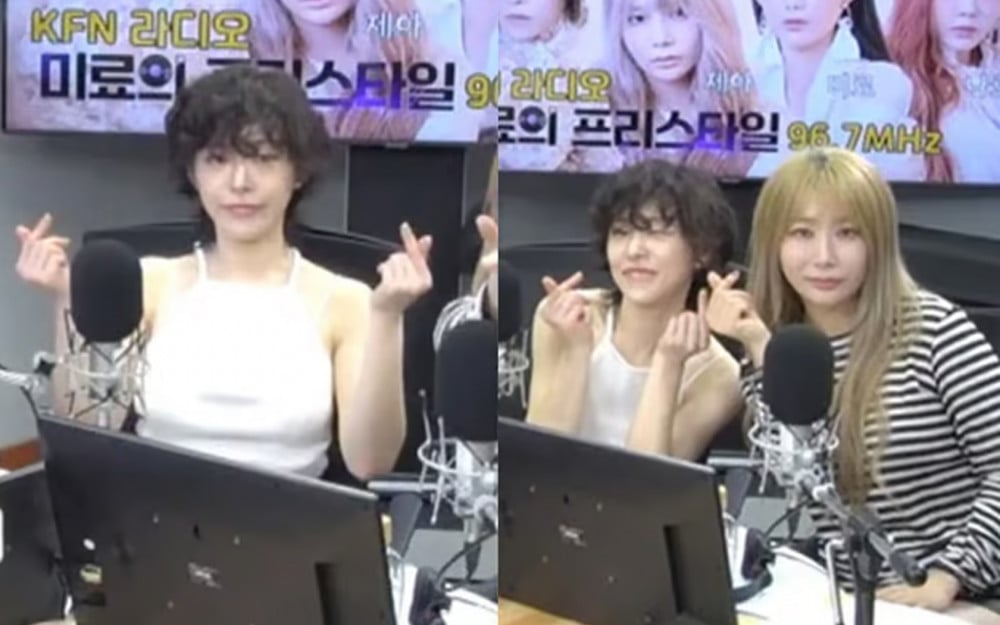
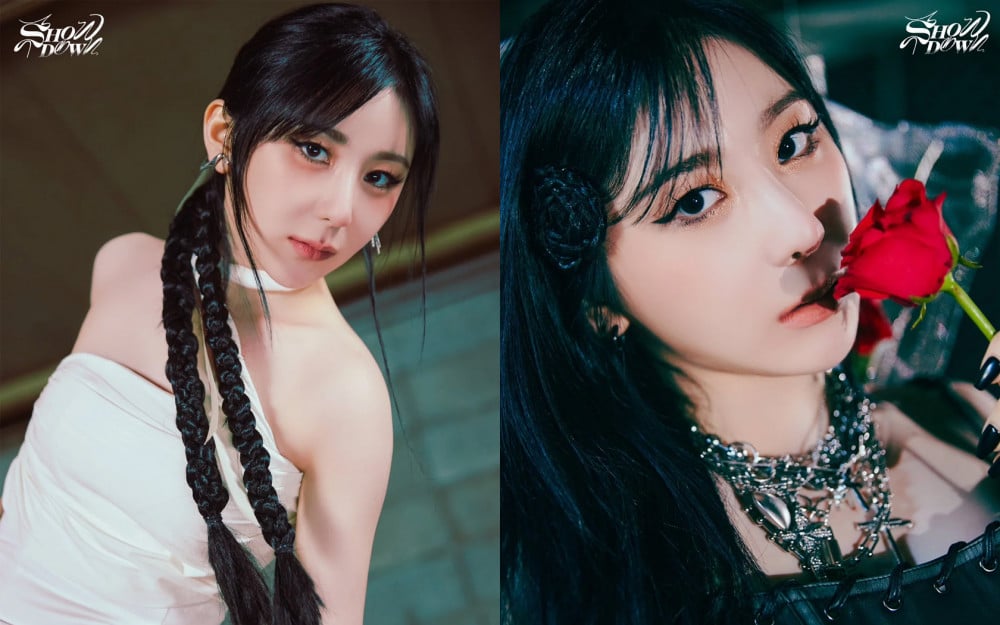


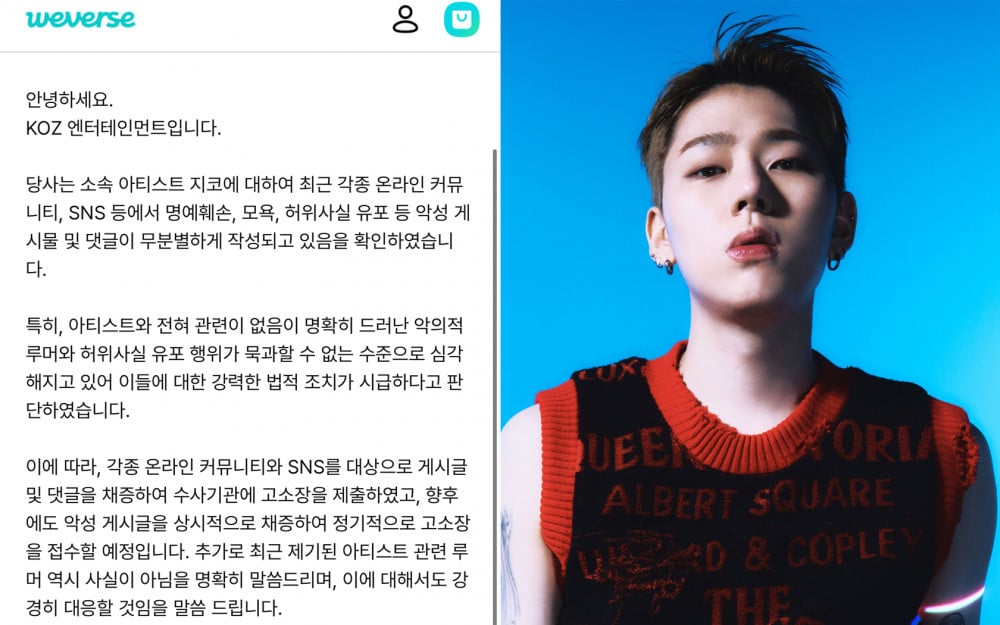




![EXCLUSIVE [INTERVIEW] Candy Shop talks first speedy comeback with 'Girls Don't Cry':](https://c1.alongwalker.com/img/post/6a67d13a5f08defd8e894c7cdfecaa0b.png)
